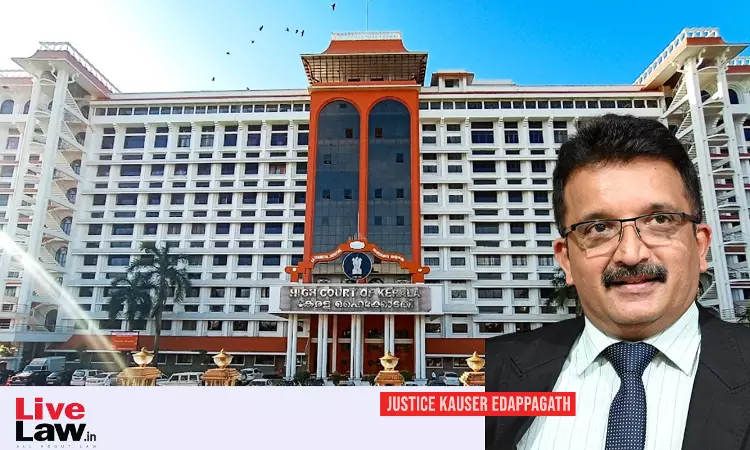State Vigilance and Anti-Corruption Bureau Can Investigate Corruption Offences Against Central Govt Employees: Kerala High Court
Navya Benny
7 Aug 2023 4:26 PM IST

Next Story
7 Aug 2023 4:26 PM IST
The Kerala High Court recently held that the Vigilance and Anti-Corruption Bureau (VACB) has the authority to register the crime and investigate offences under the Prevention of Corruption Act, 1988 that are allegedly committed by Central Government employees.A Single Judge Bench of Justice Kauser Edappagath noted that there was no special provision in the Prevention of Corruption...
